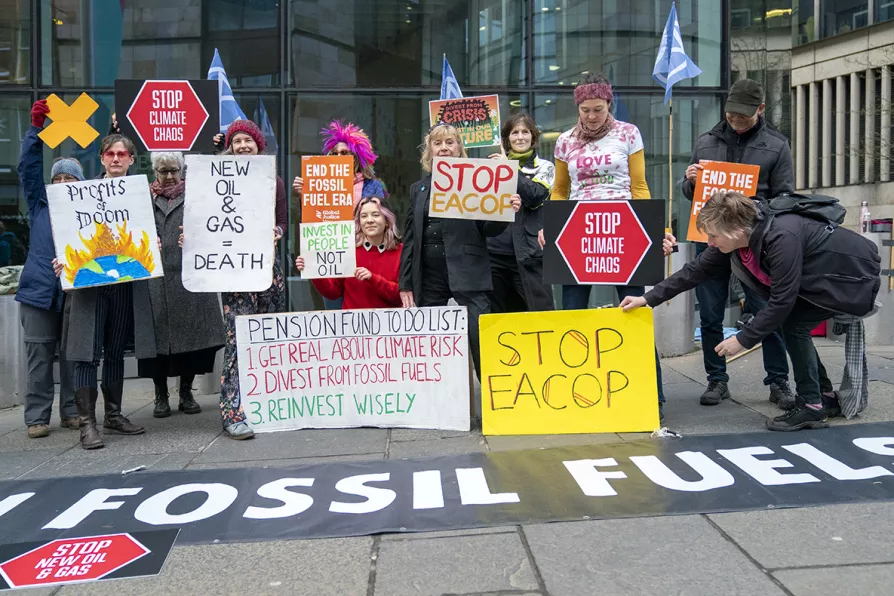The US-Israeli strikes against Iran are part of a decades-long war against the Islamic Republic which has refused to bow to US demands that it surrender its sovereignty, argues VIJAY PRASHAD

 Climate campaigners from Extinction Rebellion Scotland protest outside the Pensions and Lifetime Savings Association Conference at the Edinburgh International Conference Centre (EICC), to highlight the flawed climate risk models used by pension funds and to call on the funds to stop investing in fossil fuels, February 28, 2024
Climate campaigners from Extinction Rebellion Scotland protest outside the Pensions and Lifetime Savings Association Conference at the Edinburgh International Conference Centre (EICC), to highlight the flawed climate risk models used by pension funds and to call on the funds to stop investing in fossil fuels, February 28, 2024
FROM August 30 to September 1, Extinction Rebellion will host Upgrade Democracy, an event in Windsor Great Park, to highlight the potential of citizens’ assemblies to bring hope and renewal to our broken system through deliberative democracy.
As we prepare to gather outside Windsor Castle, it feels fitting to echo the King’s own appeal, which makes clear that our mission to survive is beyond politics.
“We are at a historical moment — because we face a future where there is a real prospect that if we fail the Earth, we fail humanity. To avoid such an outcome which will comprehensively destroy our children’s future, we must urgently confront and then make choices which carry monumental implications.” (from “Harmony” by King Charles, Tony Juniper and Ian Skelly)

ANSELM ELDERGILL examines the difficulties surrounding freedom of expression

ANSELM ELDERGILL examines the government’s proposals to further limit the right of citizens to trial by jury












